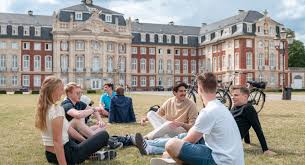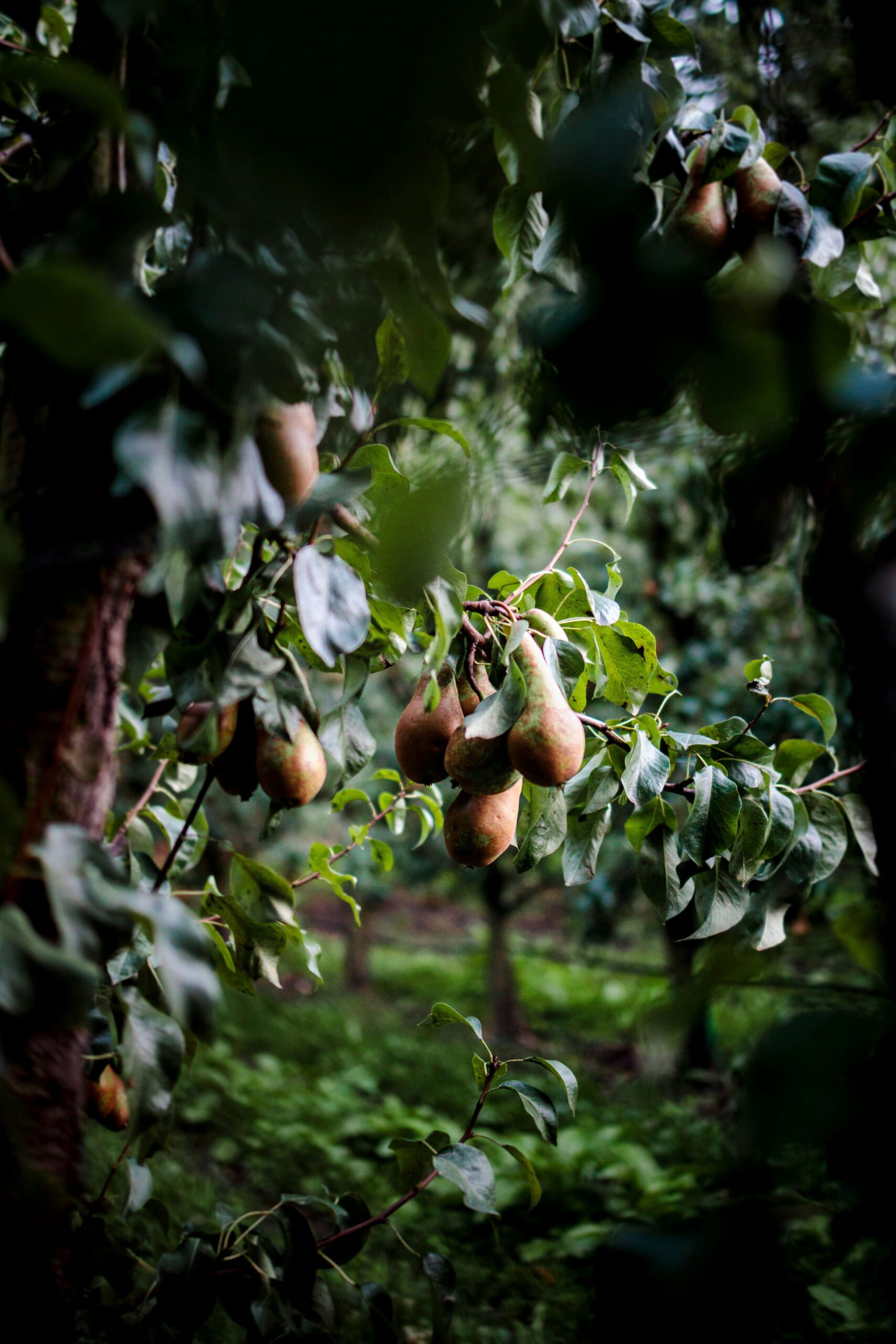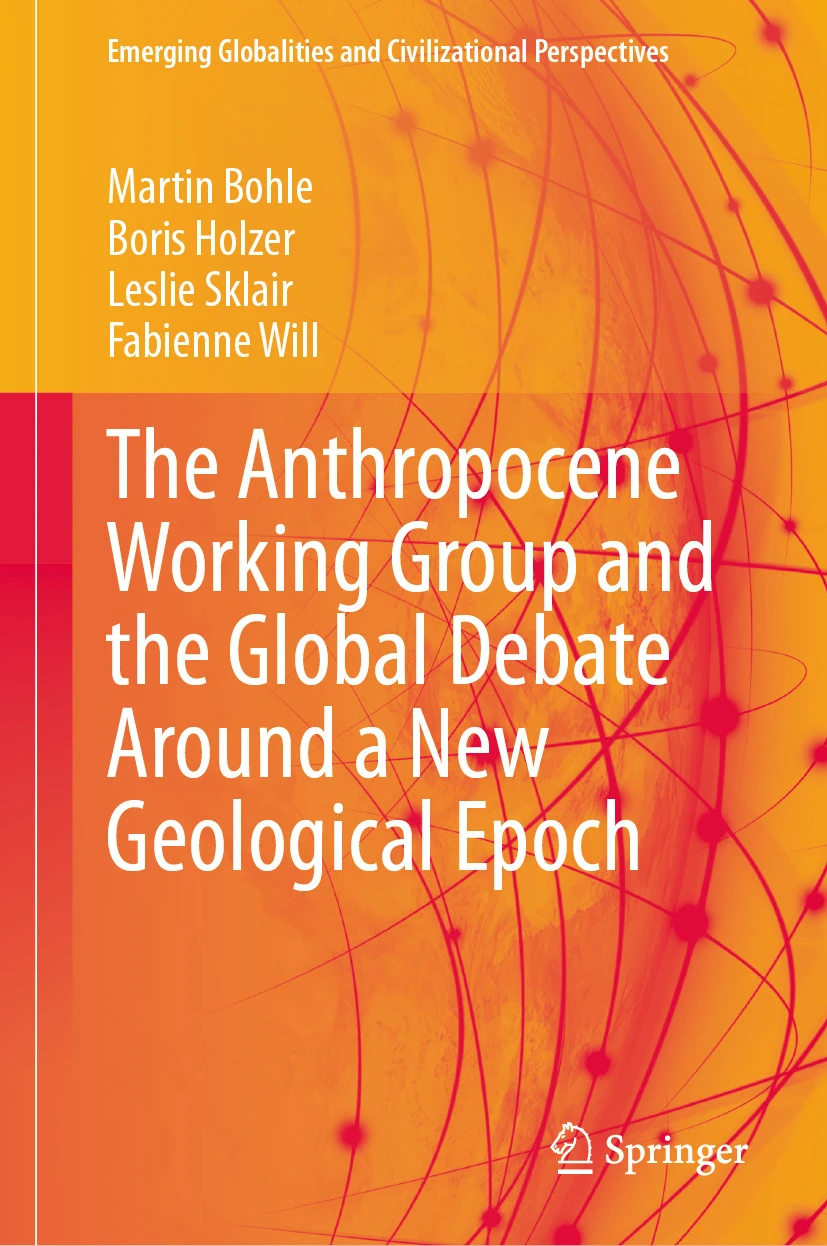Category: News
-

New Publication: “Study published on AI in Science Journalism”
•
We are pleased to draw your attention to a recent publication by Lars Guenther (LMU Munich), Jessica Kunert (JGU Mainz), and Bernhard Goodwin. They have published two papers about generative AI in German science journalism. They analyzed interviews of science journalists in a variety of different outlets and positions. Looking…
-

CfP Conference “Planetary Waters – A challenge between abstraction and empathy”
•
We are pleased to announce this interdisciplinary event organized by Dr. Katrin Kleemann (German Maritime Museum, Bremerhaven), Dr. Noemi Quagliati (THE NEW INSTITUTE Center for Environmental Humanities) (NICHE), Venice) and Dr. Fabienne Will (Deutsches Museum, Munich Science Communication Lab, Munich). The conference will bring together scholars, researchers, and practitioners to…
-

Heat emergency in Augsburg – an “investigative game”
•
Extreme weather events such as heavy rain, heatwaves and storms are becoming increasingly frequent as a result of climate change. They are not only damaging our planet’s various earth systems, but also pose a risk to our individual health – even today and right on our doorstep. One heat record…
-

Upcoming MSCL Colloquium: Communicating Knowledge in a Digital World: Introducing the MA Knowledge and Communication.
•
In this talk on June 6t at 13:00 (German time), Julia Metag and Pamela Nölleke-Przybylski will discuss how they set up a MA program around lots of interesting questions: Who decides what knowledge is? How can knowledge be effectively communicated? What role does scientific knowledge play in public discourse? What…
-

Talk: “Response of fruit farmers to climate change: Implications for policymakers.”
•
We are excited to welcome Paul Pechan for a guest talk titled: “Response of fruit farmers to climate change: Implications for policymakers.” When? Friday, May 23rd, 2 PMWhere? Akademiestraße 7, Munich, 6th floor, Room 609 The talk will draw on recent interdisciplinary research exploring the vulnerabilities and adaptive capacities of…
-

New Publication: “The Anthropocene Working Group and the Global Debate Around a New Geological Epoch.“
•
We are very pleased to draw your attention to a recent publication by Dr. Fabienne Will: “The Anthropocene Working Group and the Global Debate Around a New Geological Epoch.“ Dr. Fabienne Will is an environmental and science historian with a research focus on the Anthropocene and the history of wicked problems.…
-
18.07.2023 MSCL Colloquium – Prof. Dr. Lena Frischlich
•
We would like to invite you to our second July colloquium “Science in the Firestorm of Social Media: Research between Reach, Participation and Hate” on July 18th at 13:00 (German time). Prof. Dr. Lena Frischlich will give a science communication-oriented insight into the use, chances, and risks of science communication and reception in social media. In…
-
21.07.2023 „Dear Future Children“ Open Air Film Screening and Discussion
•
Another shout-out to all the film lovers out there: you are invited to a free open-air screening of the award-winning documentary “Dear Future Children” on July 21st at 21:15. The screening will take place at the garden of Hochschule für Fernsehen und Film München at Bernd-Eichinger-Platz 1, München. For the…
-
11.07.23 MSCL Colloquium – Paula Schwenke, MPH
•
We would like to invite you to our July colloquium “Designing a free online course on planetary health as a science communication method” on July 11th at 13:00 (German time). Paula Schwenke has a master’s in public health from LMU and is a scientific research associate at the Chair for Public Health and Health Services Research…
-
14.06.2023 “Son of Monarchs” Film Screening and Discussion
•
Film lovers and science enthusiasts: you are invited to attend a free screening of the prize-winning film “Son of Monarchs” by filmmaker Alexis Gambis on June 14th at 19:00. The screening will take place at the Audimax at Bernd-Eichinger-Platz 1, München. Following the screening, a Q&A session with Alexis Gambis…
